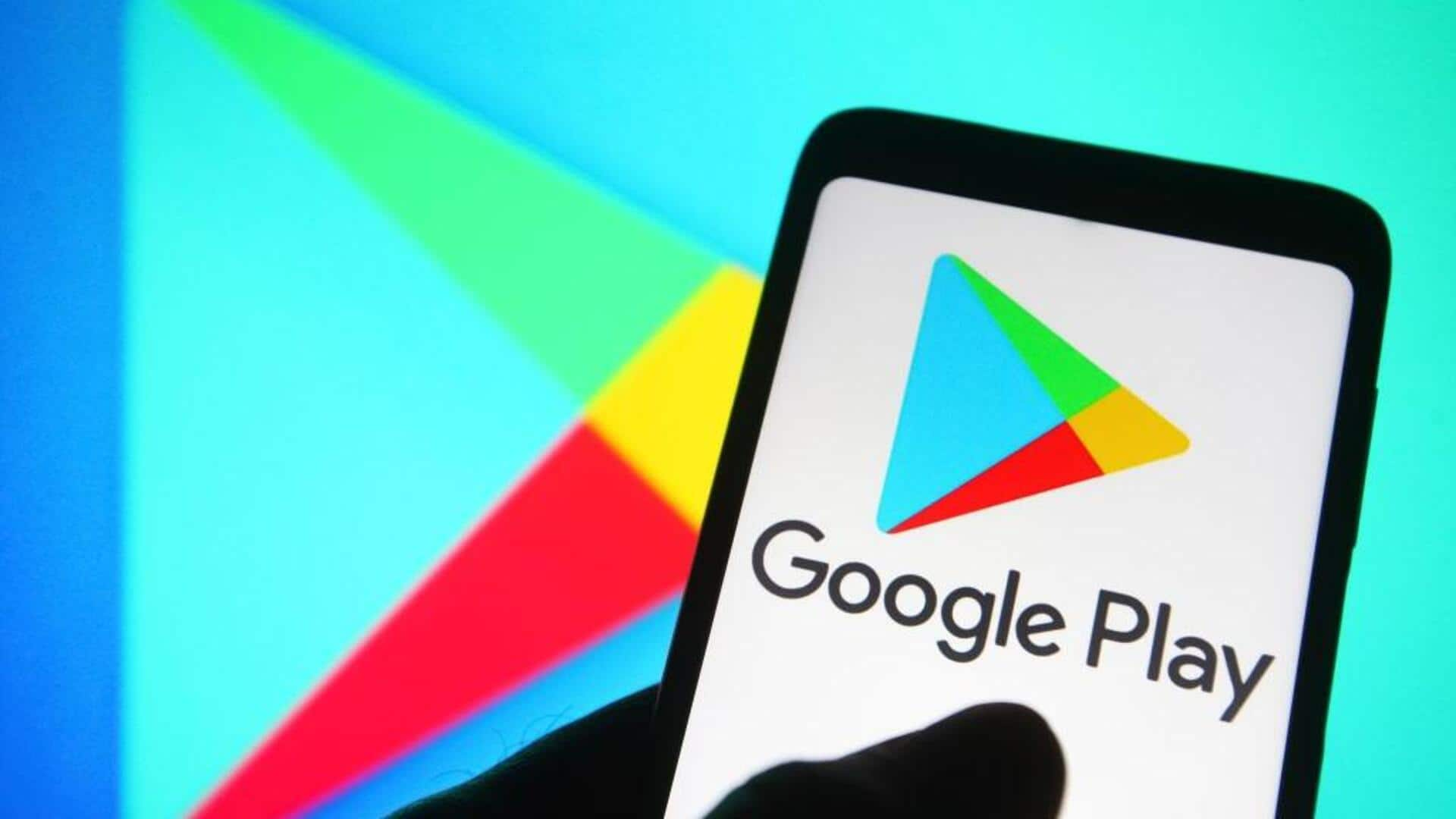
New Google Play feature lets users request purchases from friends
What's the story
Google recently concluded its annual Google I/O developer conference, where it introduced a host of innovative features and tools for app developers.
Among these is a new checkout button called "Ask Someone Else to Pay."
As explained by Android expert Mishaal Rahman, this feature allows users to request someone else to pay for an app or in-app item.
The latest addition is part of Google's strategy to decrease the number of customers who abandon their purchases on the Play Store.
Integration
How does it work?
The latest addition to Google Play's tools is the "Ask Someone Else to Pay" button.
By integrating version six or newer of Play Billing Library, developers can offer this feature to the users.
The button generates a payment link that users can send to someone else, who then completes the purchase.
However, users are warned that the payer will see their email address and the item being purchased, and must complete the purchase within 24 hours before the link expires.
Feature availability
The feature is currently limited to India
Previously, Google Play allowed users to create a Family Library or family group to share apps.
The new "Ask Someone Else to Pay" feature expands this capability by allowing users to request someone outside their Google family setup to complete a purchase on their behalf.
Initially, this feature is currently rolling out in India. It may reach other regions soon.
Updates
Google announced additional billing-related changes
In addition to the new checkout feature, Google announced other billing-related changes last week.
These include enabling family managers to complete purchases for child accounts via web links on non-Android devices using any payment method added to their Google payments profile.
Furthermore, it increased the Play Store's app price limit more than twice over, updated price ranges due to currency fluctuations, added badges for trending items, and introduced installment payment options for long-term subscriptions in Brazil, France, Italy, and Spain.